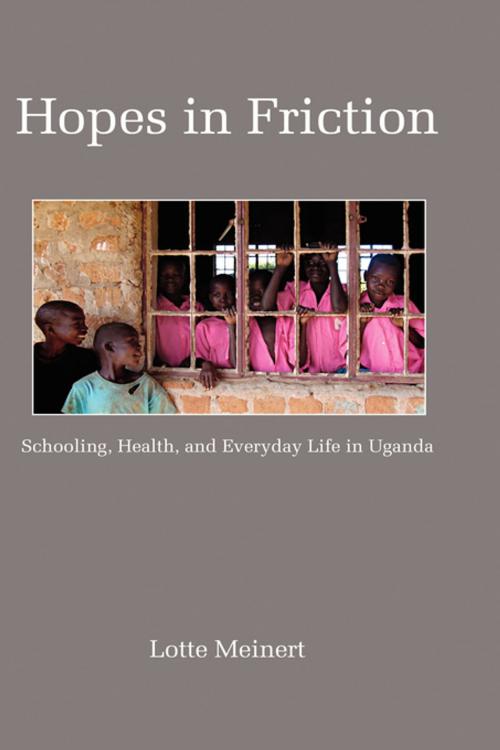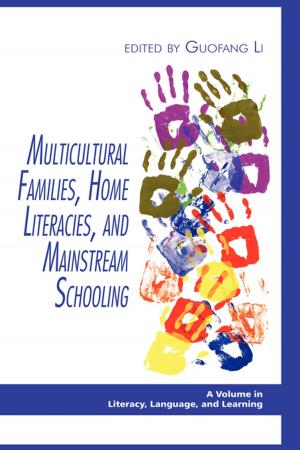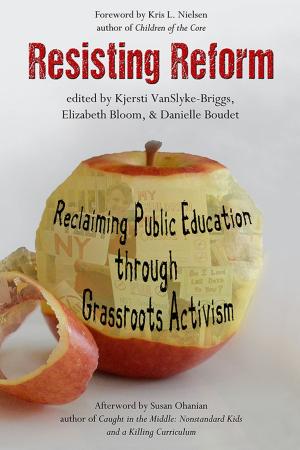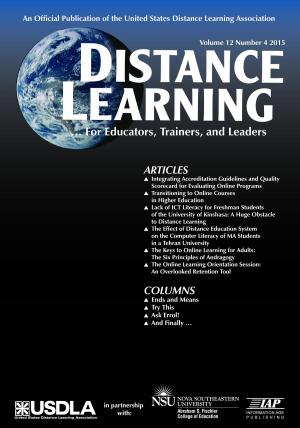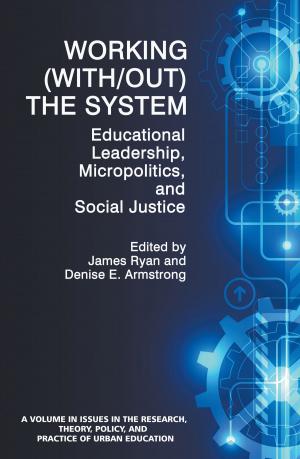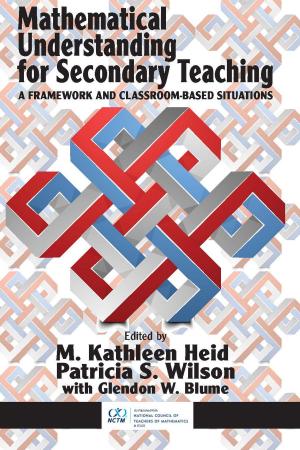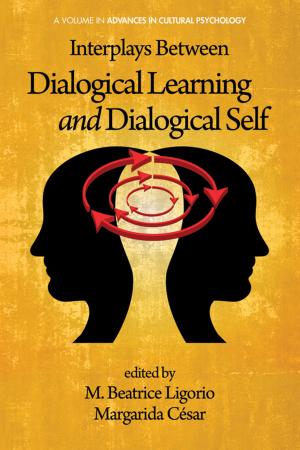Hopes in Friction
Schooling, Health and Everyday Life in Uganda
Nonfiction, Reference & Language, Education & Teaching, Elementary, Higher Education| Author: | Lotte Meinert | ISBN: | 9781607528791 |
| Publisher: | Information Age Publishing | Publication: | January 1, 2009 |
| Imprint: | Information Age Publishing | Language: | English |
| Author: | Lotte Meinert |
| ISBN: | 9781607528791 |
| Publisher: | Information Age Publishing |
| Publication: | January 1, 2009 |
| Imprint: | Information Age Publishing |
| Language: | English |
Universal Primary Education programs are being promoted around the globe as the solution to poverty and health problems, but very little indepth qualitative knowledge is available about the experiences of these programs in children's lifeworlds. Hopes in Friction offers a vivid portrait of life and the implementation of Universal Primary Education in Eastern Uganda, based on longterm fieldwork following a group of children as they grow up. The book considers how the actions and hopes of these children and families, to attain what they perceive as 'a good life', are crosscut by political aspirations and projects of schooling and health education. When hopes are in friction inspiration as well as disappointment occur. Policy makers in Uganda and in international organisations expect health improvements as one of the bonuses of education programs. Families in Eastern Uganda also hope for and experience health in the local sense of a good life as part of schooling. Lotte Meinert explores the taken for granted effect of schooling on health and focuses a careful eye on how boys and girls appropriate and negotiate ideas and moralities about health in the context of what is possible ethically, materially and experientially.
Universal Primary Education programs are being promoted around the globe as the solution to poverty and health problems, but very little indepth qualitative knowledge is available about the experiences of these programs in children's lifeworlds. Hopes in Friction offers a vivid portrait of life and the implementation of Universal Primary Education in Eastern Uganda, based on longterm fieldwork following a group of children as they grow up. The book considers how the actions and hopes of these children and families, to attain what they perceive as 'a good life', are crosscut by political aspirations and projects of schooling and health education. When hopes are in friction inspiration as well as disappointment occur. Policy makers in Uganda and in international organisations expect health improvements as one of the bonuses of education programs. Families in Eastern Uganda also hope for and experience health in the local sense of a good life as part of schooling. Lotte Meinert explores the taken for granted effect of schooling on health and focuses a careful eye on how boys and girls appropriate and negotiate ideas and moralities about health in the context of what is possible ethically, materially and experientially.
